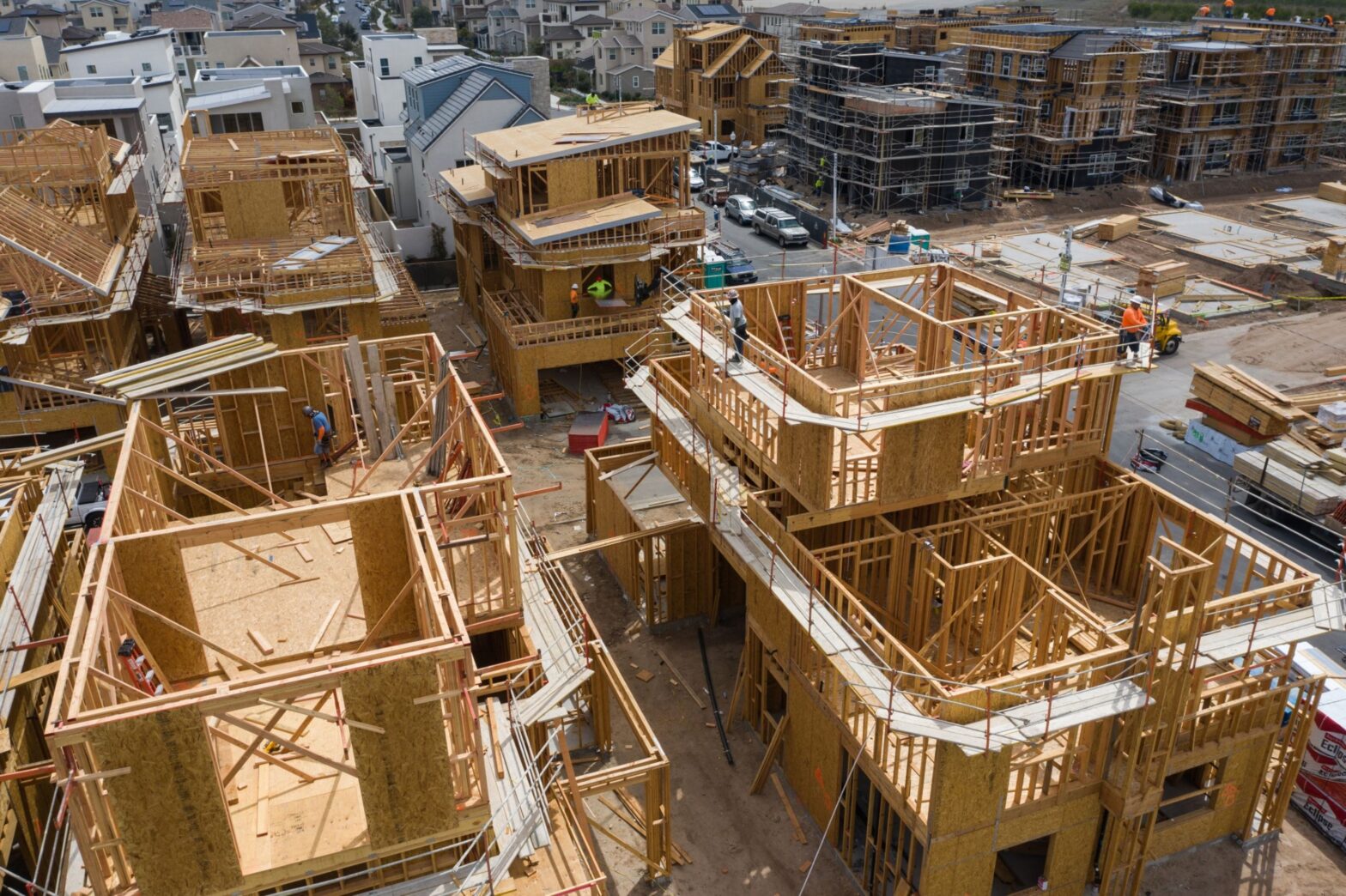Around the world, property markets are going bananas.
From the U.S. to the U.K. to China, housing is riding an extended boom. Global valuations are soaring at the fastest pace since 2006, according to Knight Frank, with annual price increases in double digits. Frothy markets are flashing the kind of bubble warnings that haven’t been seen since the run up to the financial crisis, a Bloomberg Economics analysis shows.
On the ground, outrageous stories are rife, with desperate buyers promising to name their first-born after sellers and derelict buildings selling for mansion prices.
The drivers for the frenzy are remarkably consistent: cheap mortgages, a post-pandemic desire for more space, newly remote workers taking city cash to regional locations — and, crucially, a pervasive fear that if you don’t buy now you may never be able to.
As prices mount, so do the risks for both individuals and society. Even without an outright crash, big mortgages mean borrowers are vulnerable if interest rates rise, have less disposable income to spend in the wider economy and are more likely to retire in debt. For younger people, buying property becomes increasingly difficult, further widening intergenerational inequality.
While regulators are starting to get nervous, there are few signs of meaningful action in most countries. They expect the market will start to cool on its own, arguing that a decade-long focus on higher lending standards combined with the prospect of low interest rates for an extended period means there is no obvious trigger for a crash. Much of the activity is also being driven by owner-occupiers rather than investors, who typically don’t all head for the door at once if prices start to drop.
So for now, expect the wild stories to keep coming. Here are a few of the most startling ones we’ve come across.

